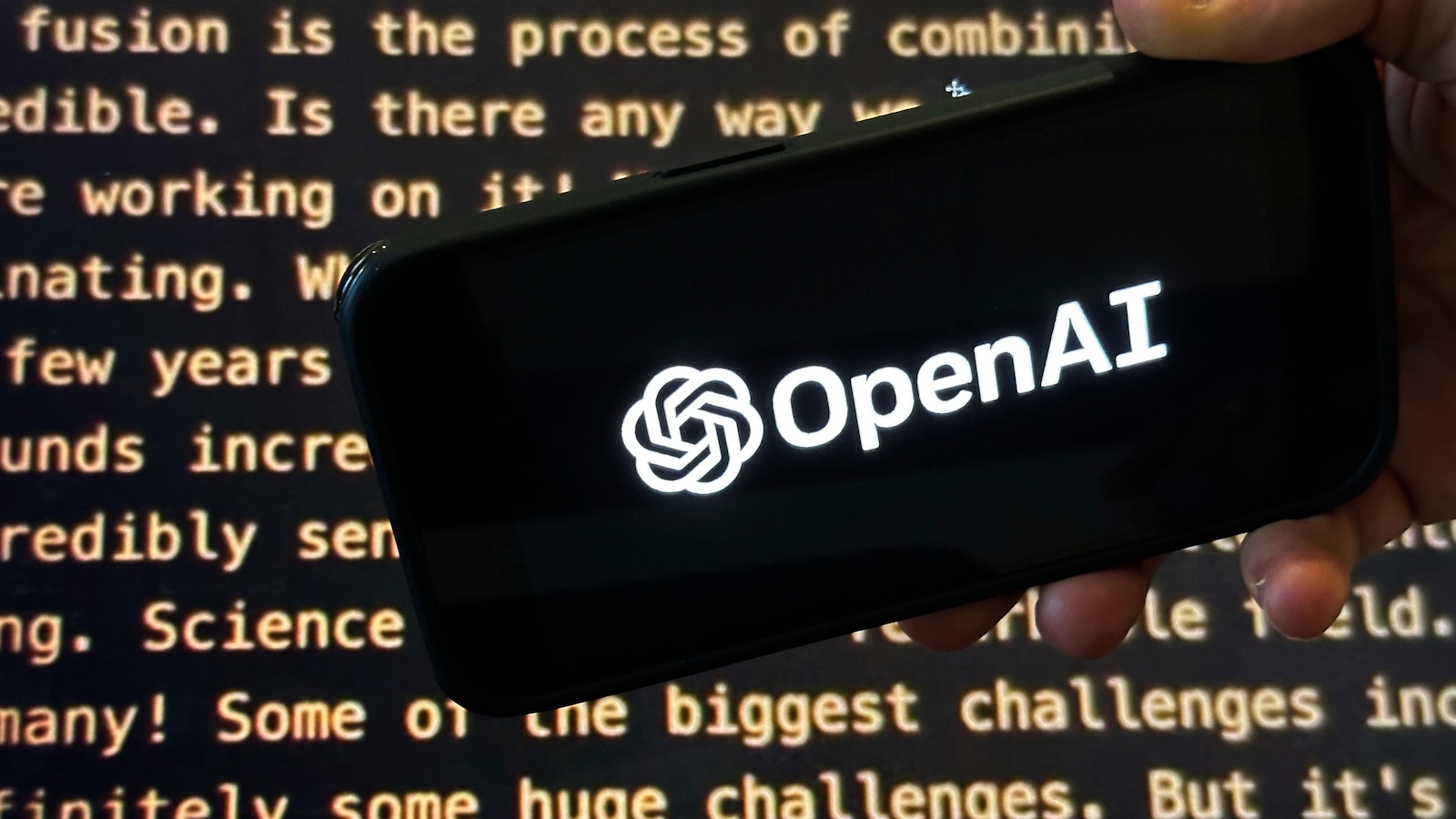Mission Unaltered: OpenAI's Nonprofit Core Stands Firm Amid Tech Transformation

In a surprising turn of events, OpenAI has decided to maintain its original governance structure, with the nonprofit arm retaining control over the groundbreaking AI business responsible for creating ChatGPT and other cutting-edge artificial intelligence technologies. This strategic decision comes after recent speculation about potential changes in the company's leadership and organizational model.
The announcement signals OpenAI's commitment to its founding principles of developing AI technologies that prioritize ethical considerations and broad societal benefits. By keeping the nonprofit at the helm, the company aims to ensure that its innovative AI products continue to be developed with a focus on responsible innovation and potential positive impact.
